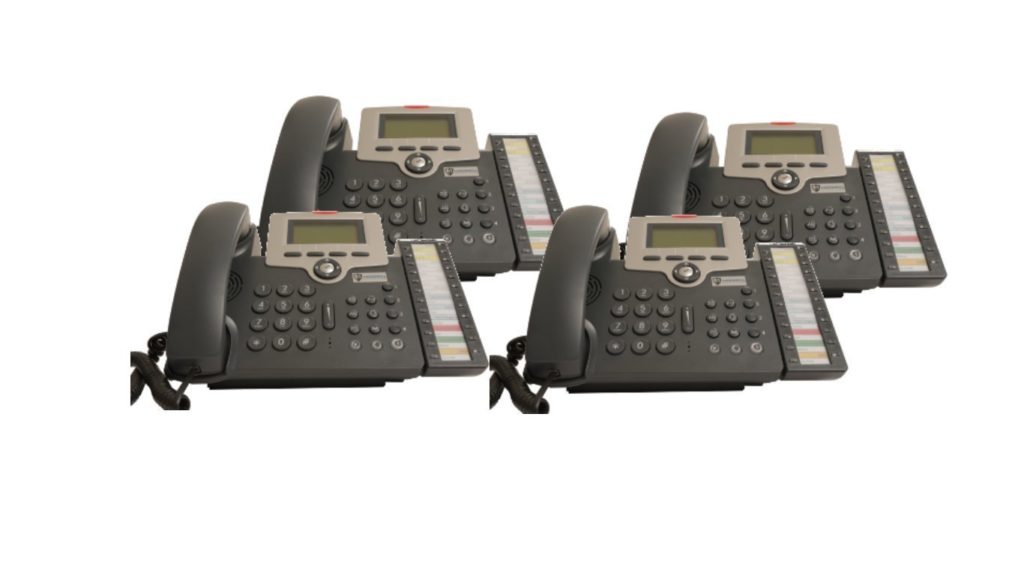
9th Annual MSP 501 Ranking and Study Identifies World’s Most Progressive MSPs in Information Technology
May 31, 2016 – OptfinITy ranks among the world’s most progressive 501 Managed Service Providers (MSPs), according to Penton Technology’s 9th-annual MSP 501 list and study. The top MSP 501 companies ranked this year include organizations from around the world and from diverse technology and business backgrounds.
The complete 2016 MSP 501 list is available at MSPMentor. In addition to honoring OptfinITy, this year’s MSP 501 list and study showcases the following:
· The top ranked MSPs in North America
· The top MSPs in Europe, Middle East and Africa
· The top MSPs in Asia, Australia and New Zealand
· The top Small Business MSPs’ list, comprised of organizations with 10 or fewer employees
· The top vertical markets pursued by MSP 501 companies
· The leading tools they leverage to run their businesses
· And the top technologies they provide to customers
“I would like to thank MSPMentor for recognizing all the fantastic work my OptfinITy colleagues do every day,” said Michael Drobnis, CEO of OptfinITy. “Our employee’s dedication, combined with dynamic growth-oriented customers is the reason we are who we are.”
“On behalf of Penton and MSPMentor, I would like to congratulate OptfinITy for its recognition as an MSP 501 honoree,” said Aldrin Brown, Editor in Chief, MSPMentor. “The managed service provider market is evolving at a rapid pace and the companies showcased on the 2016 MSP 501 list represent the most agile, flexible and innovative organizations in the industry.”
The 2016 MSP 501 list is based on data collected by MSPMentor and its partner, Clarity Channel Advisors. Data was collected online from March through April 2016. The MSP 501 list recognizes top cloud service providers based on metrics including recurring revenue, growth and other factors. In addition to a ranking on the MSP 501 list, every company that participated in the study has been assigned a score reflecting its intrinsic value. The measure, known as the Total Service Provider (TSP) score, evaluates an MSP’s mix of revenue from various activities, including consulting, cloud, reselling and managed services.
About OptfinITy:
OptfinITy offers a full suite of IT solutions including cloud and hosting solutions, managed services, application development, website development, mobile application development and phone systems. Headquartered outside of Washington, DC, OptfinITy services clients throughout the United States.
About Penton’s channel brands
Penton’s channel brands (www.penton.com), define emerging IT markets and disrupt established IT markets. The brands’ channel-centric online communities include MSPMentor (www.MSPmentor.net), The VAR Guy (www.TheVARguy.com), Talkin’ Cloud (www.TalkinCloud.com) and the WHIR (http://www.thewhir.com).
About Penton
Penton is an innovative information services company that empowers nearly 20 million business decision makers in markets that drive more than 12 trillion dollars in purchases each year. Our products inform with rich industry insights and workflow tools; engage through dynamic events, education and networking; and advance business with powerful marketing services programs. Penton is the way smart businesses buy, sell and grow. Headquartered in New York, Penton is privately owned by MidOcean Partners and Wasserstein & Co., LP. For additional information on the company and its businesses, visit www.penton.com or follow us on Twitter @PentonNow.
Penton:
Aldrin Brown, Editor in Chief, MSPMentor
aldrin.brown@penton.com















